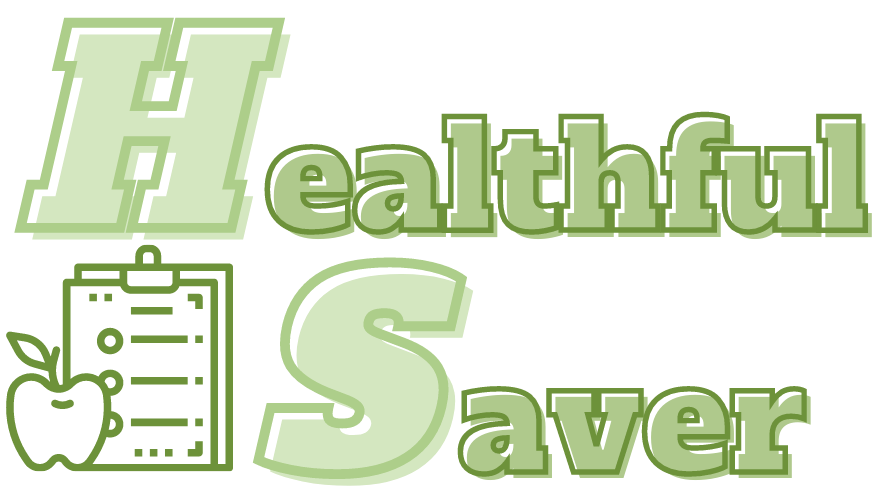We all know how devastating it can be when you sustain an injury. Whether it is a sports-related injury or traumatic injury, it can be very difficult to cope with what you’re going through and get back into the swing of things. But this doesn’t have to be the case! In this article, we’ll give you tips on how to deal with your injuries and become more active again while still giving yourself time to recover properly.
What Should You Do If You Get Hurt?
In the journey of healing from an injury, knowing how to respond if you get hurt is crucial to your recovery. First and foremost, prioritize your well-being by seeking medical attention promptly. Even seemingly minor injuries can have underlying complications that need professional evaluation. Document the incident, including photographs if possible, as this can be valuable for any future legal or insurance considerations. If your injury was the result of someone else’s negligence, consulting a personal injury lawyer from Schuerger Shunnarah Trial Attorneys or a similar firm is a wise step to take. They can guide you through the legal aspects, helping you understand if you have a valid claim for compensation. While physical healing takes time, being proactive about your medical treatment, mental health, legal rights, and financial rights can contribute to a smoother recovery process overall.
The Physical Healing Process
The first step towards having your injury taken care of is assessing the extent of the injury sustained. Bone and muscle damage can be detected through x-rays, so you should have them looked at as quickly as you can. Consider using your browser to look up a centre for “radiology near me in West Orange“, or one more conveniently located. Once you have the x-ray plates of the injured area, consult an orthopaedic doctor so that you can have your injury addressed and taken care of.
Physical healing after an injury is a gradual process that requires both time and patience. It’s natural to feel sore and uncomfortable during the recovery period, but it’s essential not to lose hope. As your body heals, these discomforts will gradually decrease. To aid in your healing journey, consider seeking the support of a massage spa that offers massage therapy in Huntington Beach, CA (or in your local area). Massage therapy can be a beneficial complement to the healing process, promoting relaxation, improving blood circulation, and alleviating muscle tension. By incorporating massage therapy into your recovery plan, you can enhance your overall well-being and accelerate your healing progress. Remember, healing is a journey, and with the right approach and care, you will regain strength and vitality.
If you have any questions or concerns, talk to your doctor or therapist. They can help you understand the physical healing process and provide you with advice on how to best manage your injury.
Here are some tips to help you through the healing process:
1. Stay Active
Movement is key to physical healing. Keep up your routine as much as possible, even if it’s just walking around the block. This will help your body move and improve circulation.
2. Eat Right
Make sure you’re getting enough nutrients from food to support your body’s healing process. Aim for healthy foods that contain vitamins, minerals, and antioxidants.
3. Take Supplements
If you’re not eating well or aren’t exercising, take supplements to support your health and recovery. Some common supplements include fish oil supplements, vitamin C supplements, and probiotics (healthy bacteria). Talk to your doctor about what would be best for you based on your injury and health history.
4. Get Plenty Of Rest
It’s important to get enough sleep during the early stages of physical healing in order to restore energy levels and reduce inflammation. Try to avoid going too hard too fast when starting back into activity; take things easy at first until you know how your body responds.
Asking For Help
If you’ve ever been injured, you know that the healing process can be long and difficult. But with a bit of patience and help from others, you can get back to your old routine as quickly as possible.
There are a few things that you can do to speed up the process:
- Seek medical advice as soon as possible after your injury. By getting early treatment, you’ll avoid additional damage and make the healing process go more smoothly. For example, if you are dealing with spinal instability, and it is due to a herniated disc or spinal stenosis, you might have to get an axial fusion procedure done. There are several minimally invasive orthopedic surgeons that you can go to seek advice. These procedures tend to have a faster recovery time when compared to traditional surgeries and have been shown to reduce the risk of blood loss. Don’t make the mistake of neglecting your injury and inviting more trouble, it’s wise to consult a professional before it is too late.
- Make use of any available rehabilitation facilities or therapists. These professionals can help ease the pain and stiffness associated with an injury, helping you to regain strength and mobility more quickly.
- Connect with like-minded people who can support your journey back to fitness. Not only will they offer moral support, but they may also provide helpful tips and advice along the way.
Motivation And Mental Recovery
When you are injured, it can be difficult to motivate yourself to get back in the gym. You may feel like you don’t have what it takes or that your injury is too great. However, there are ways to get back into the gym and heal your injury.
- Make a goal-setting plan. Decide what you want to accomplish and set realistic goals for yourself. This will help you to stay motivated throughout the healing process.
- Stay positive! Even if things are tough at first, keep telling yourself that everything will eventually work out and that you will be able to return to your regular routine soon enough. Remember, it’s OK to take small steps forward rather than taking big steps back at this stage in your recovery process.
- Take care of yourself physically and emotionally. Make sure to get plenty of rest, eat healthy foods, and exercise regularly if possible during this time period in order to promote speedy physical healing and psychological recuperation as well.

